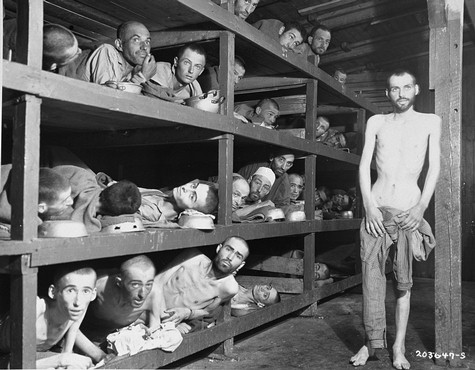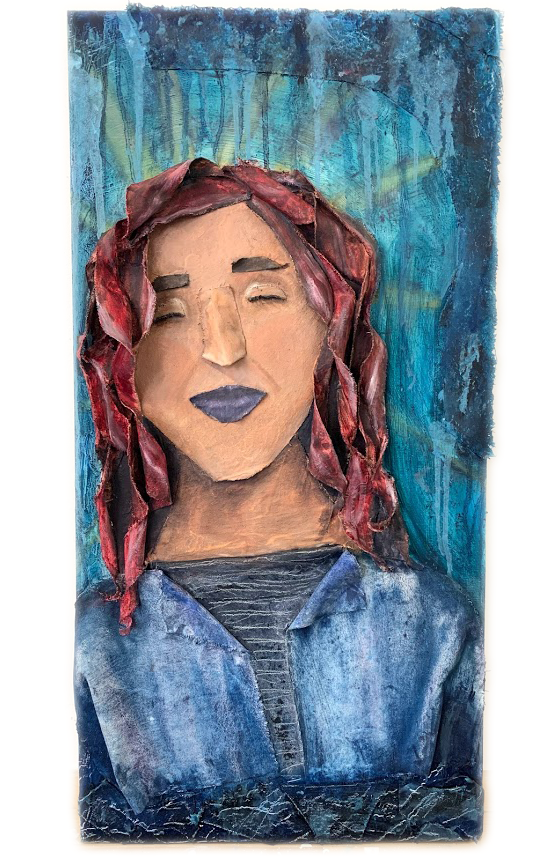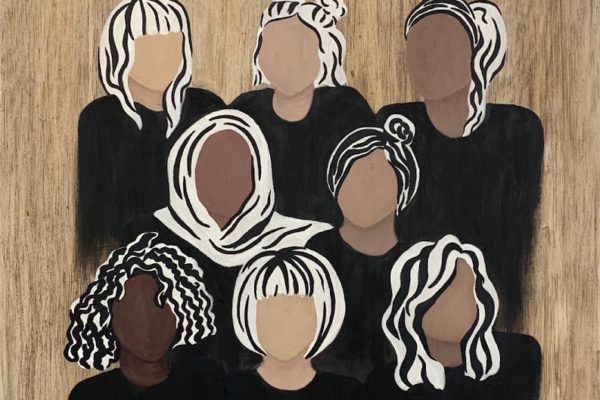Think back to when you were fifteen years old. You are probably living with your parents or guardians and growing up with other children, and school is most likely the biggest of your worries. You have a normal life, but now imagine all of that taken away and you are forced to leave everything you know and love. You are given the choice to either work or die. Being young and fit, you work, alongside a father who ages daily. You are grateful that you still have your father, but your captors show you how he is a burden to you. He slows you down, you give him your share of soup and bread — the only thing getting you through the day. Taking care of your father takes away from your own health. All you can do is survive, but everyday you lose your faith again and again. Soup and bread, or death?
This was the life that faced Elie Wiesel, in 1944. In his book, Night, Wiesel immerses his reader into the life of a Jew during this terrifying time. The reader’s eyes are opened to the real horrors that occurred behind the mysterious veil of Auschwitz. As I was reading, I would hope along with the Jews that things would get better, even though I knew how the story ended. When Wiesel and his companions lost faith, I too sat there contemplating God.
It felt as if we, as readers, were swept up in the journey alongside the Jewish prisoners. Wiesel makes you feel the hate, pain, numbness, confusion, loss, and suffering, but it only lasts for as long as the reader wants. We can dive in and out of his story, meanwhile fifteen-year-old Wiesel is stuck in the torturous, endless days. It provokes thoughts about one’s own life and the minor inconveniences we encounter and call “sufferings,” but they will never compare to the tragedies the Jews suffered at the hands of the Nazis. Even though the intended audience members were other Jews of the time — to remind them that they weren’t alone in their experiences, — it is unlikely that anyone reading this book today could ever relate to the same physical, mental, or emotional pain that is actually described in Night. We have never been driven to the most basic primal instincts of survival, which had provoked a train car of starving men to turn on their fathers, sons, brothers, and friends for a crumb of bread, knowing the alternative is death. Death became the sweet mother of the Jewish people and so many welcomed her with open arms.
Questions were a constant theme throughout this book and often times these questions were left unanswered. Surrounded by death, many Jews lost faith in the God they once believed in. Others only clunge to the hope that their suffering would please God. Why? Why would a just God watch millions of innocent people be slaughtered like cattle? Why would a just God allow families to be separated, infants be thrown into fire pits, free men to be enslaved, and sons to turn on their fathers? Why would a just God give a person the choice between a life of merely soup and bread, or death? These questions will never be fully answered. We can only try to make sense of the world and have faith despite the doubt.



